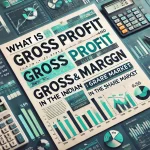Futures are a fundamental part of derivatives trading in the Indian stock market. They allow investors to buy or sell an asset at a predetermined price at a future date, providing a hedge against price volatility. In this guide, we will explore the concept of futures, how they work, and their significance in the Indian market.
What Are Futures Contracts?
A futures contract is a standardized legal agreement to buy or sell an asset (such as stocks, commodities, or currencies) at a predetermined price at a specific future date. These contracts are traded on stock exchanges like the National Stock Exchange (NSE) and Bombay Stock Exchange (BSE) in India.
Key Features of Futures Contracts:
- Standardization: Futures contracts are standardized in terms of the quantity, quality, and expiration date of the asset.
- Leverage: Futures trading allows investors to control large amounts of the underlying asset with a relatively small initial margin.
- Mark-to-Market: Daily adjustments to the contract price are made based on market movements.
Historical Overview of Futures Trading in India
Futures trading in India began in June 2000 with the introduction of index futures on the NSE. This marked the beginning of derivative trading in the country. Over time, the market expanded to include stock futures, currency futures, and commodity futures.
The Indian futures market has seen consistent growth, driven by factors like increased market awareness, improved technology, and regulatory support from SEBI.
Table 1: Key Milestones in Indian Futures Market
| Year | Event |
|---|---|
| 2000 | Introduction of index futures |
| 2001 | Launch of individual stock futures |
| 2008 | Introduction of currency futures |
| 2018 | Introduction of commodity options trading |
How Do Futures Work?
Futures contracts require two parties: the buyer (long position) and the seller (short position). When entering into a futures contract, both parties agree on the price and date for future delivery.
Here is a breakdown of how futures work in practice:
- Initial Margin: To enter into a futures contract, both the buyer and seller are required to deposit an initial margin, which is a small percentage of the contract’s value.
- Mark-to-Market Adjustments: Each trading day, the contract’s price is adjusted to reflect the current market price. This process is called “mark-to-market.”
- Expiration and Settlement: Futures contracts can either be physically settled (delivery of the asset) or cash-settled (payment of price differences) at the expiration date.
Why Trade Futures?
Futures trading offers several advantages, including leverage, liquidity, and the ability to hedge against risk. Here are some common reasons investors trade futures:
- Speculation: Investors can take advantage of price movements without needing to own the underlying asset.
- Hedging: Futures allow businesses and investors to lock in prices to protect against unfavorable market movements.
- Leverage: Since only a margin is required to enter a trade, futures enable higher returns on smaller investments (though risks are equally magnified).
Table 2: Common Futures Contracts in India
| Type | Underlying Asset | Exchange |
|---|---|---|
| Stock Futures | Individual stocks | NSE, BSE |
| Index Futures | Nifty 50, Sensex | NSE, BSE |
| Currency Futures | USD/INR, EUR/INR | NSE, BSE |
| Commodity Futures | Gold, Silver, Crude Oil | MCX, NCDEX |
Types of Futures Contracts
- Stock Futures: These involve buying or selling the stock of an individual company at a future date.
- Index Futures: Based on stock market indices like the Nifty 50 or BSE Sensex, these contracts provide exposure to the broader market.
- Currency Futures: Allow investors to trade in currency pairs, such as the USD/INR or EUR/INR.
- Commodity Futures: Focused on physical commodities like gold, silver, crude oil, and agricultural products.
Historical Data of Futures Performance
Over the last decade, futures trading in India has expanded significantly in volume. One of the most traded contracts is the Nifty 50 futures, which provides exposure to the top 50 companies on the NSE.
Table 3: Nifty 50 Futures – Historical Performance (2020-2023)
| Year | Contract Value (INR) | Average Daily Volume (Contracts) |
|---|---|---|
| 2020 | 10,500 | 1,200,000 |
| 2021 | 12,300 | 1,350,000 |
| 2022 | 14,200 | 1,400,000 |
| 2023 | 15,500 | 1,500,000 |
The Role of SEBI in Futures Trading
The Securities and Exchange Board of India (SEBI) is responsible for regulating futures trading in India. SEBI ensures that the market operates fairly, with transparency, and without manipulation. Over the years, SEBI has introduced several measures, such as tightening margin requirements and improving settlement systems to safeguard investors.
Futures vs Options: Key Differences
While both futures and options are derivative instruments, there are some important differences between the two.
- Obligation vs Right: Futures contracts impose an obligation on both parties to fulfill the contract, while options give the buyer the right, but not the obligation, to buy or sell.
- Risk: Futures expose both parties to unlimited risk, whereas options limit the buyer’s risk to the premium paid.
- Initial Cost: Futures require an initial margin, which is typically less than the premium for an options contract.
Table 4: Comparison of Futures and Options
| Criteria | Futures | Options |
|---|---|---|
| Contract Type | Obligation to buy/sell | Right to buy/sell |
| Risk Exposure | Unlimited | Limited to premium |
| Initial Cost | Margin deposit | Premium payment |
How to Start Trading Futures in India
To trade futures in India, follow these steps:
- Open a Trading and Demat Account: You will need a trading account with a brokerage firm to access the futures market.
- Complete KYC Process: Submitting your KYC (Know Your Customer) documents is essential before trading.
- Deposit Margin: You need to deposit the initial margin required by the exchange.
- Place a Futures Trade: You can either buy or sell futures contracts based on your market outlook.
- Monitor Mark-to-Market: Keep an eye on daily mark-to-market adjustments to maintain your position.
Risks Involved in Futures Trading
While futures trading can offer significant returns, it also carries substantial risks:
- Leverage Risk: The high leverage in futures can amplify both gains and losses.
- Market Risk: Futures are highly sensitive to market volatility.
- Liquidity Risk: Some futures contracts may not have sufficient liquidity, making it difficult to exit positions.
- Margin Calls: If the market moves against your position, you may be required to deposit additional funds (margin call) to maintain your position.
Conclusion
Futures trading in the Indian share market provides a flexible and efficient way for investors to hedge risk, speculate, or diversify their portfolios. However, it is important to approach futures with a clear understanding of the risks involved, as well as the necessary market knowledge.
By analyzing historical data and understanding how futures work, investors can make informed decisions and potentially enhance their financial outcomes in the ever-evolving Indian share market.

What Is Implied Volatility?
In the realm of Indian share market derivatives, implied volatility (IV) plays a crucial role …

What is Margin Funding?
Margin funding is a powerful tool in the Indian share market that allows traders to …

Forward vs Future contract
In the Indian share market, derivatives such as forward and future contracts play a pivotal …
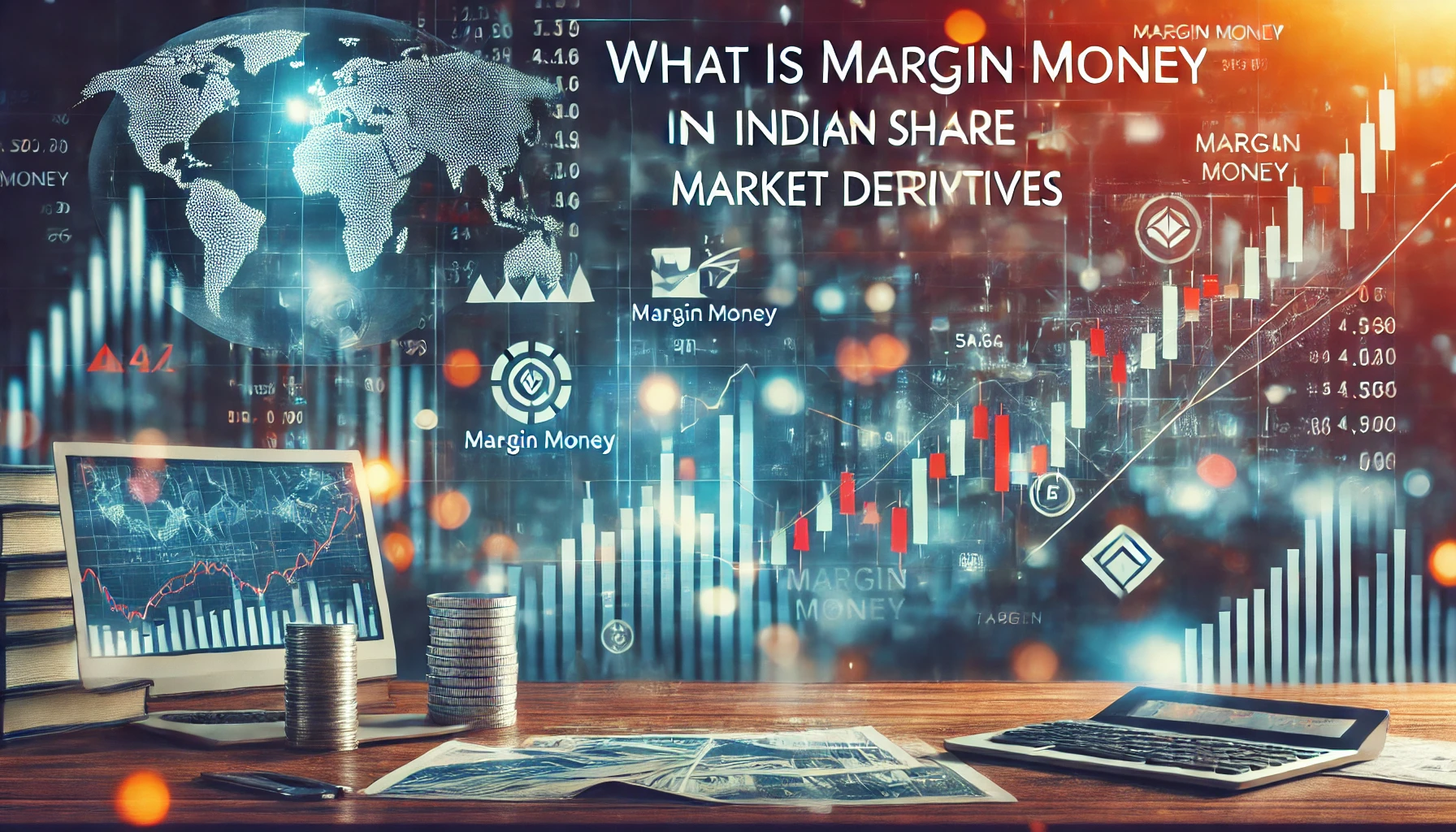
What is Margin Money?
Margin money is a crucial aspect of trading in the Indian share market, especially in …
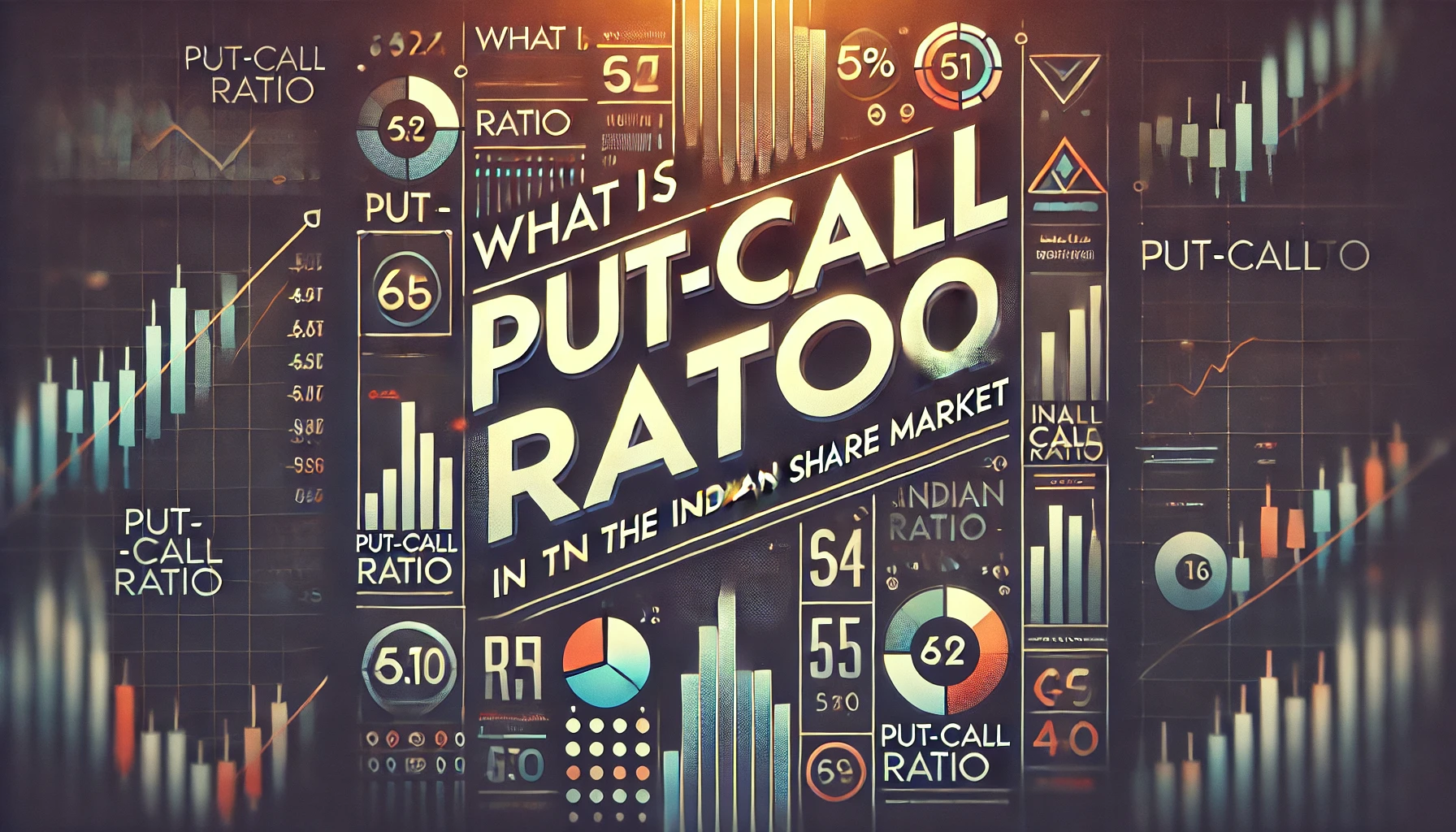
What is Put-Call Ratio?
The Put-Call Ratio (PCR) is one of the most widely used indicators in options trading …

What is Derivatives?
Derivatives are financial instruments whose value is derived from an underlying asset or benchmark. In …
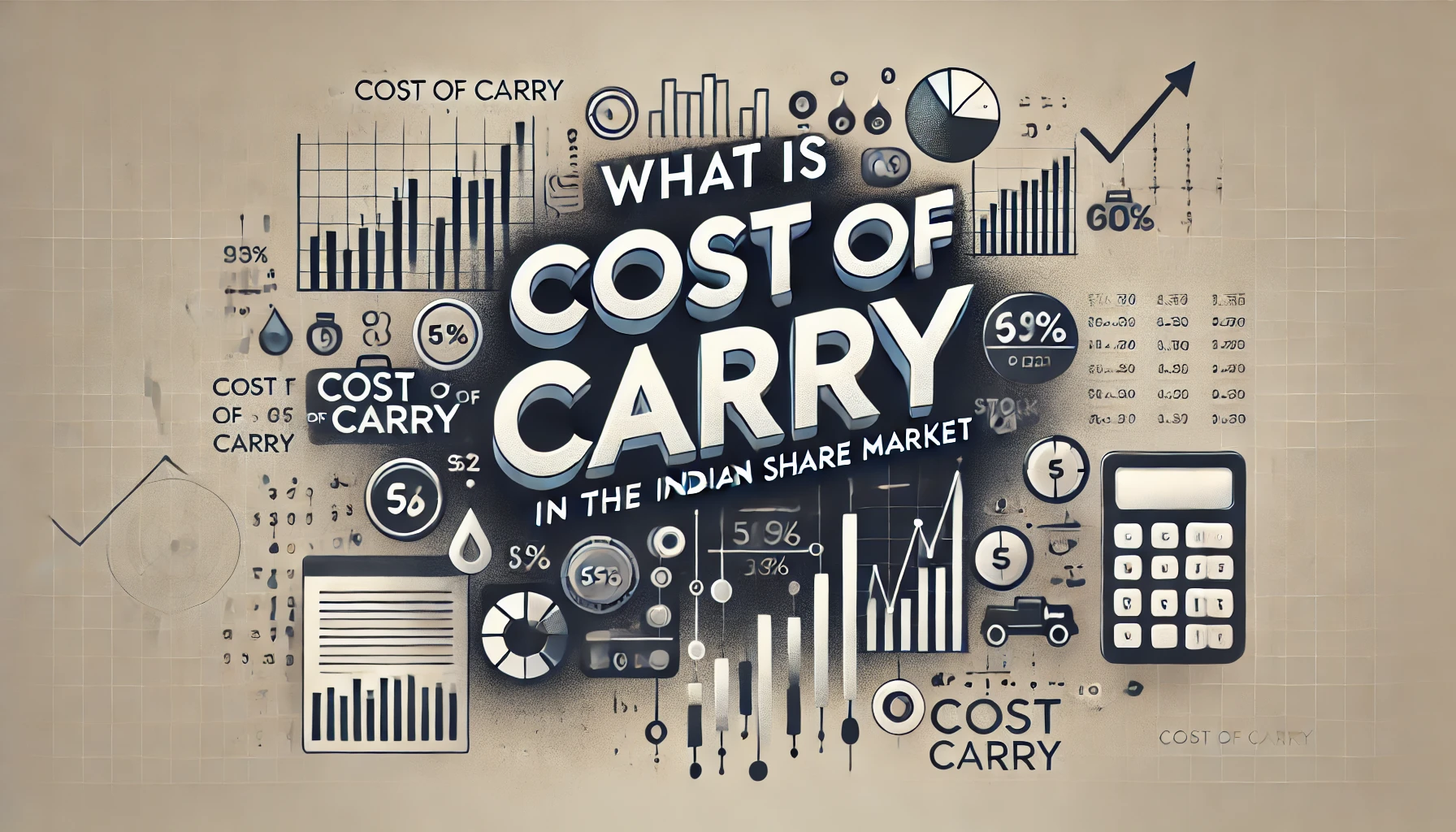
What is Cost of Carry?
The cost of carry is an essential concept in futures trading that reflects the cost …

What is futures
Futures are a fundamental part of derivatives trading in the Indian stock market. They allow …
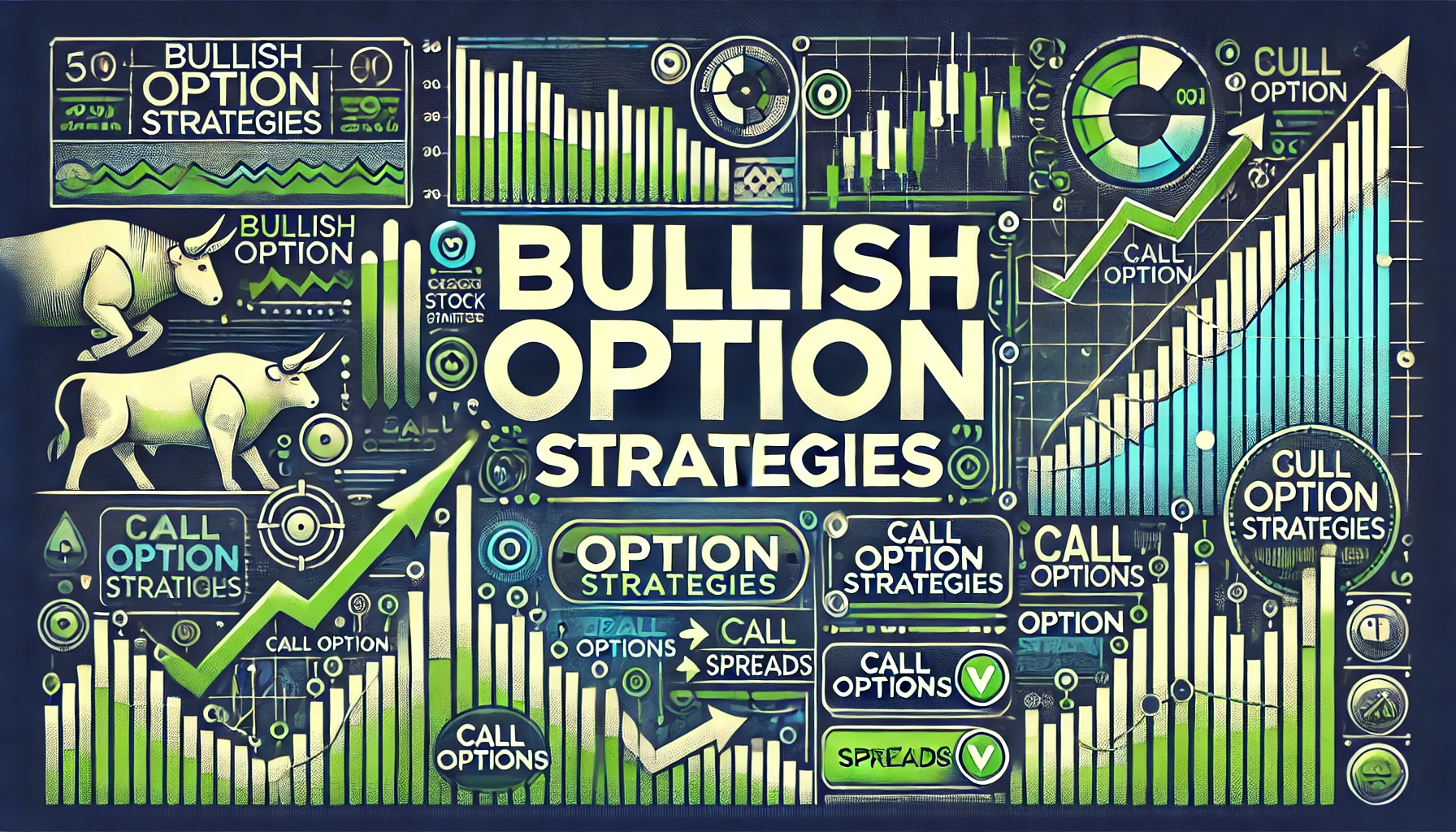
Bullish Option Strategies
In the ever-evolving world of derivatives trading, options have become a powerful tool for investors …

Understanding Physical Settlement in Futures & Options Contracts: A Comprehensive Guide
In the world of derivatives trading, the concept of physical settlement has gained prominence, particularly …
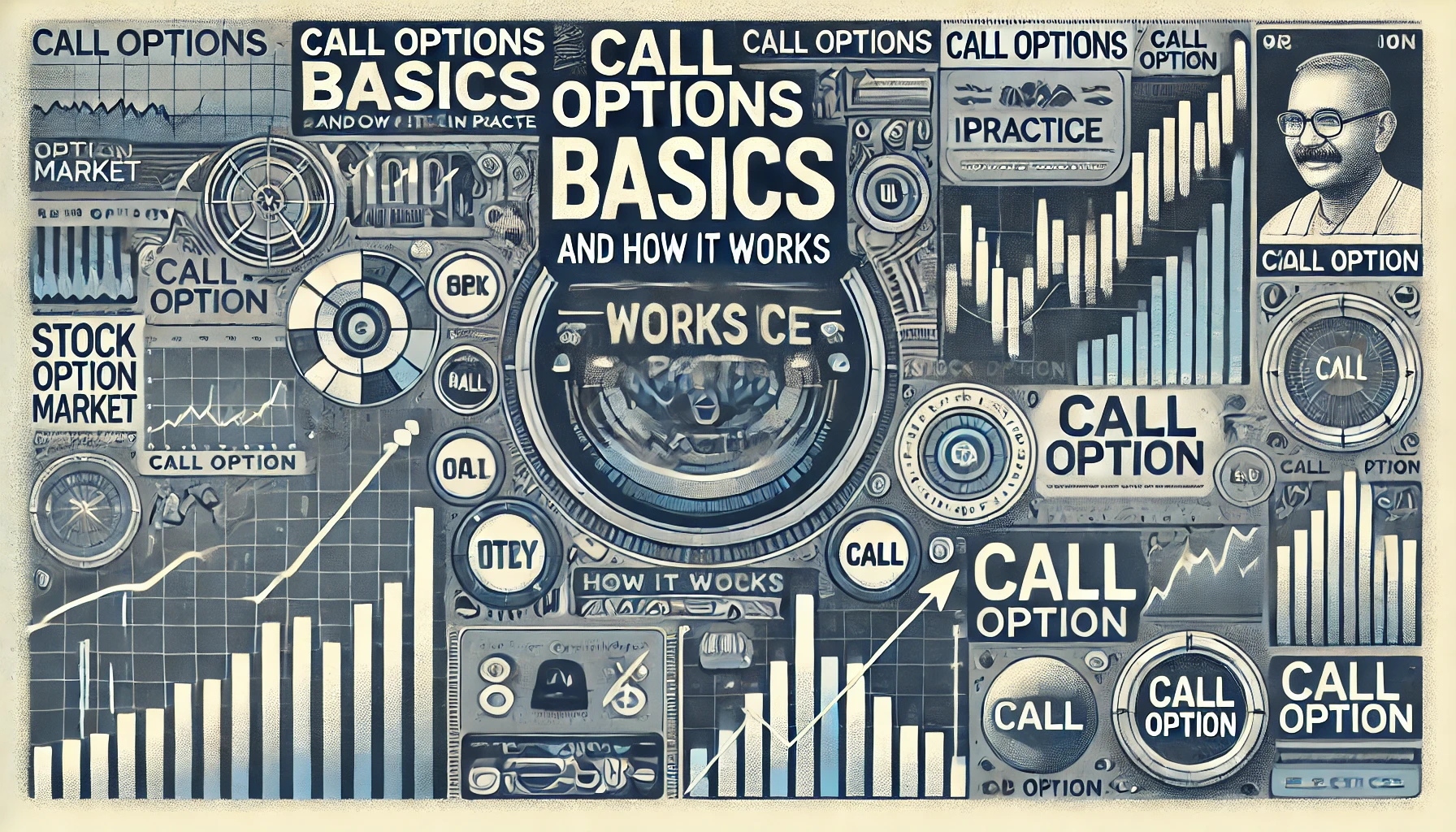
what are call options
The Indian share market has expanded significantly over the years, attracting a growing number of …

What Is Credit Spread Strategy
In the world of options trading, the credit spread strategy is one of the most …

What Is a Forward Contract
A forward contract is a customized financial agreement between two parties to buy or sell …

Types of Derivatives in India
The Indian derivatives market has grown exponentially, becoming a vital tool for investors and traders …
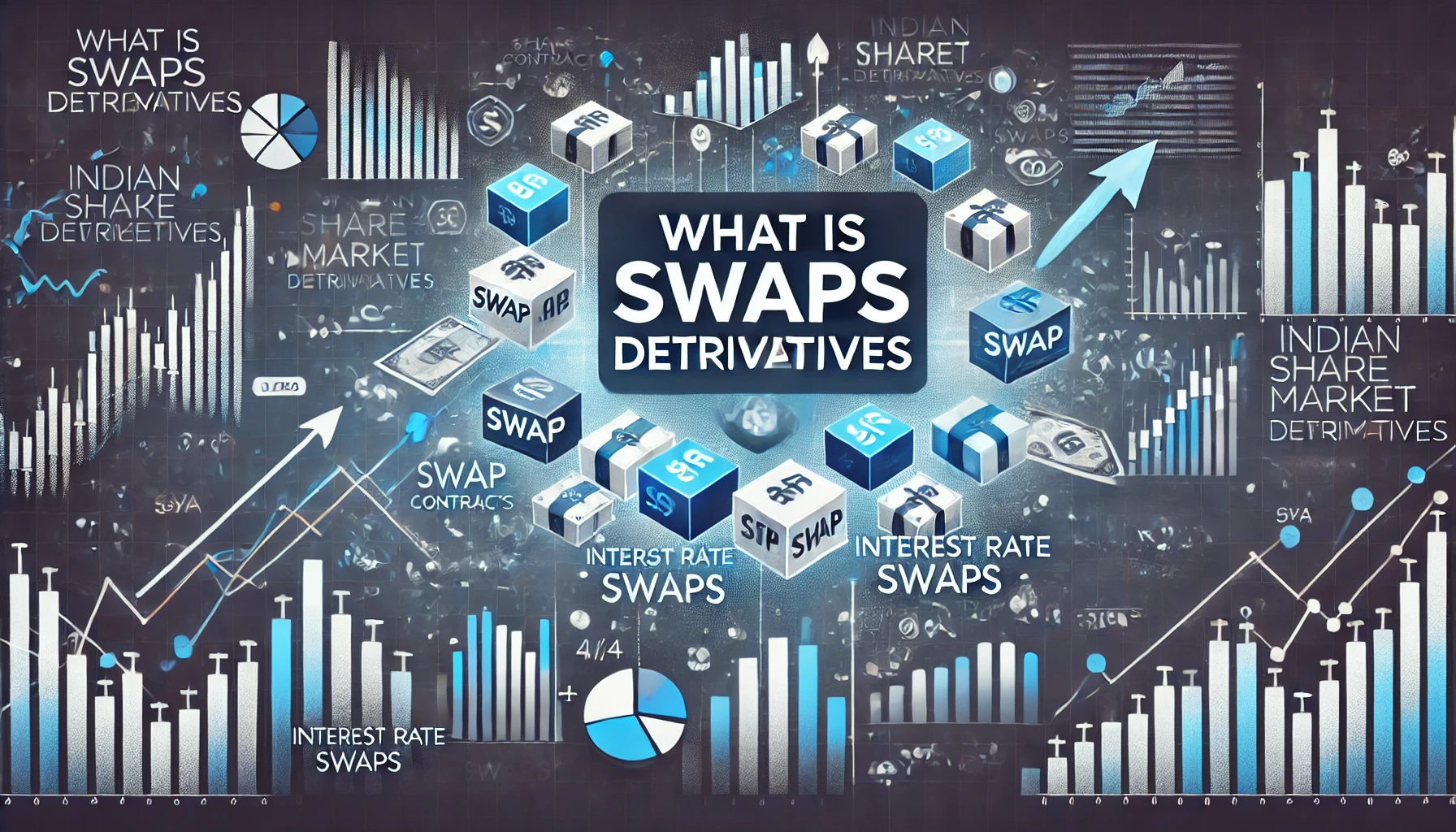
What is Swaps Derivatives
In the world of derivatives, swaps are a special class of contracts that allow two …
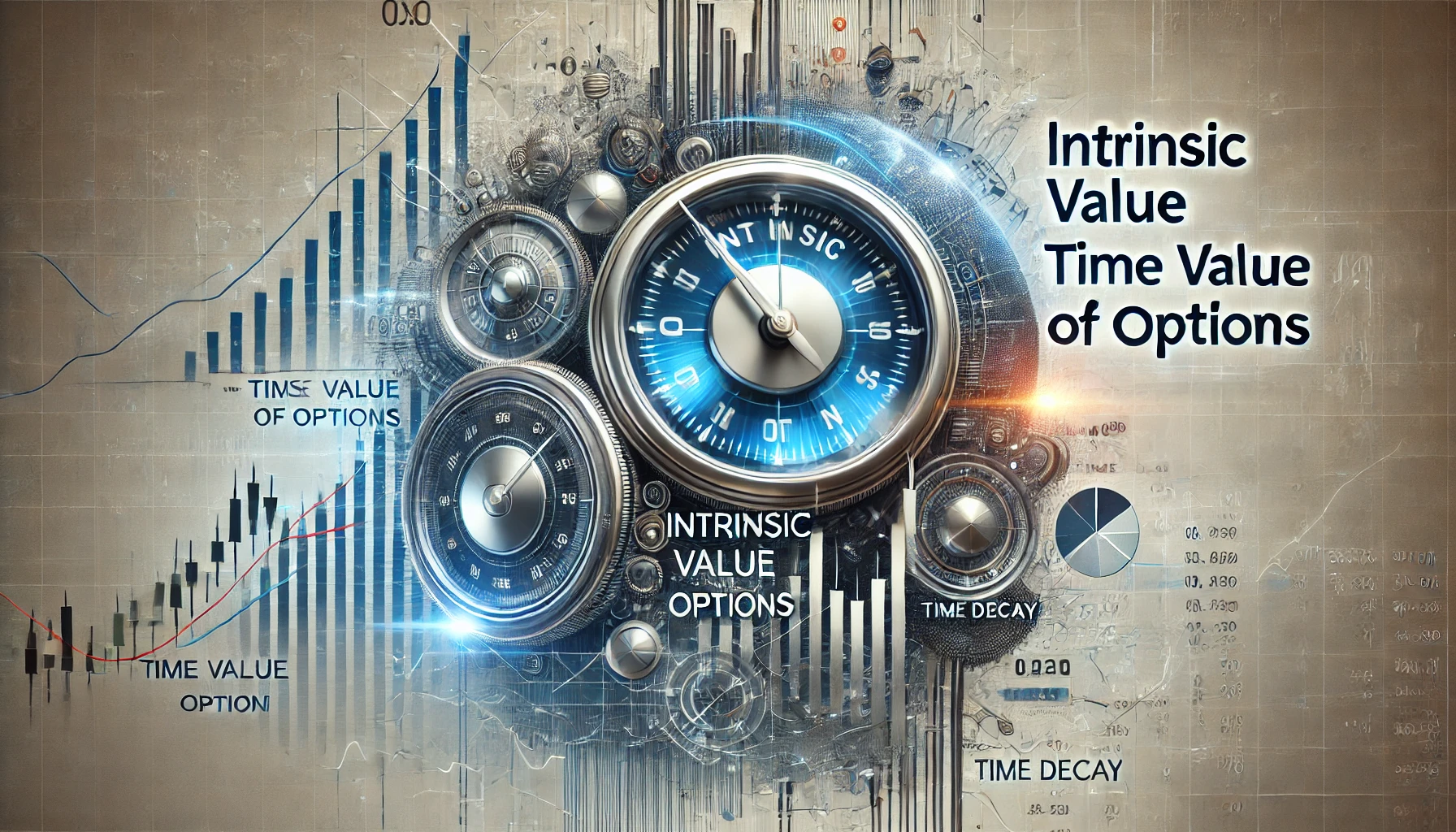
Intrinsic Value and Time Value of Options
Options trading is one of the most widely used financial instruments in the Indian share …

What is Open Interest?
In the world of derivatives, the concept of “Open Interest” plays a crucial role in …
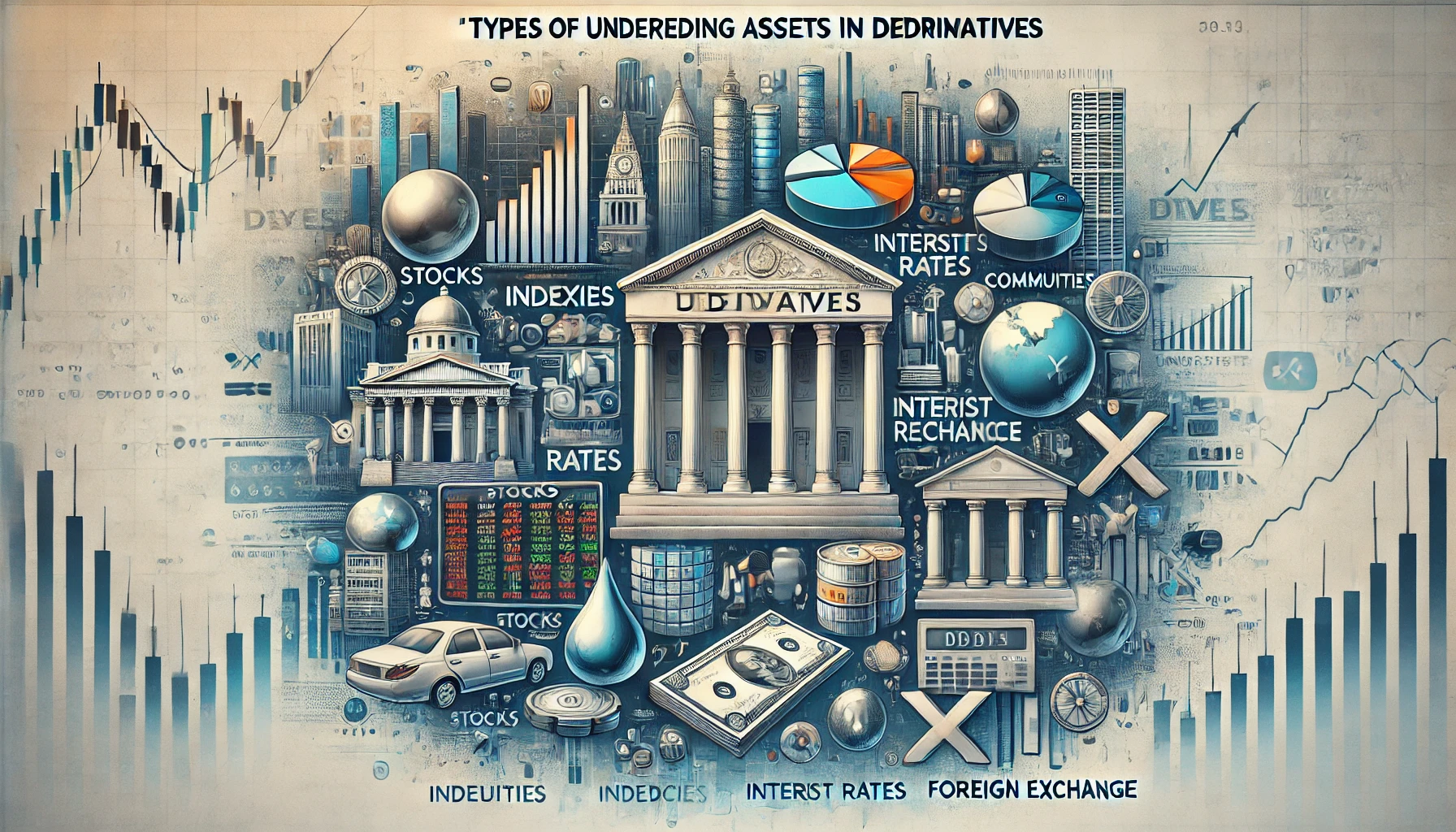
Types of underlying assets in derivatives
The Indian derivatives market has grown exponentially over the last few decades, thanks to its …

derivatives on Option Volatility & Pricing Strategies
The Indian share market derivatives segment is a dynamic environment where advanced traders rely heavily …

What is Futures Contract
The Indian share market offers various financial instruments that provide opportunities for investors and traders. …
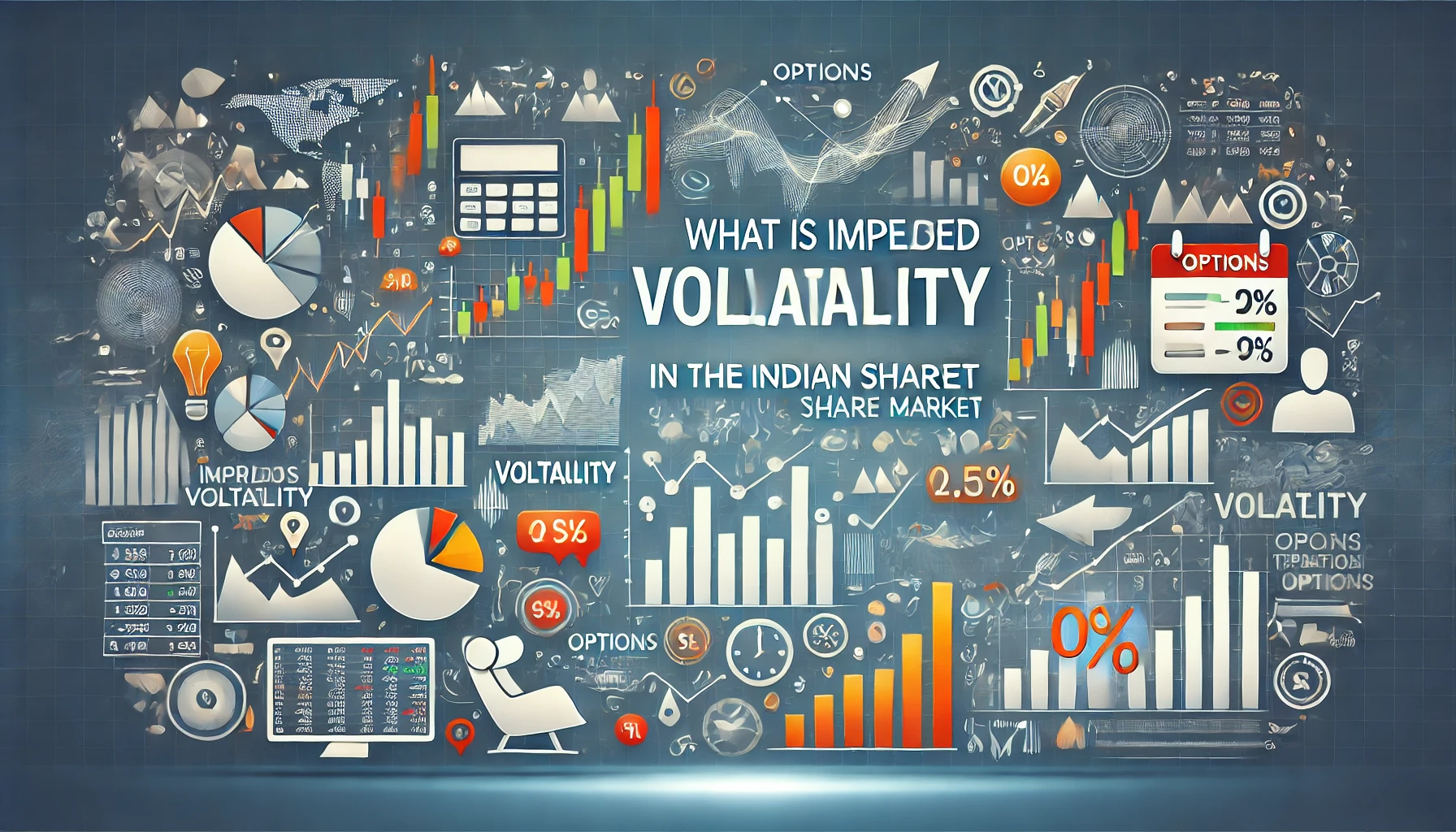
What is implied volatility in options?
In the world of options trading, one of the most crucial elements to understand is …
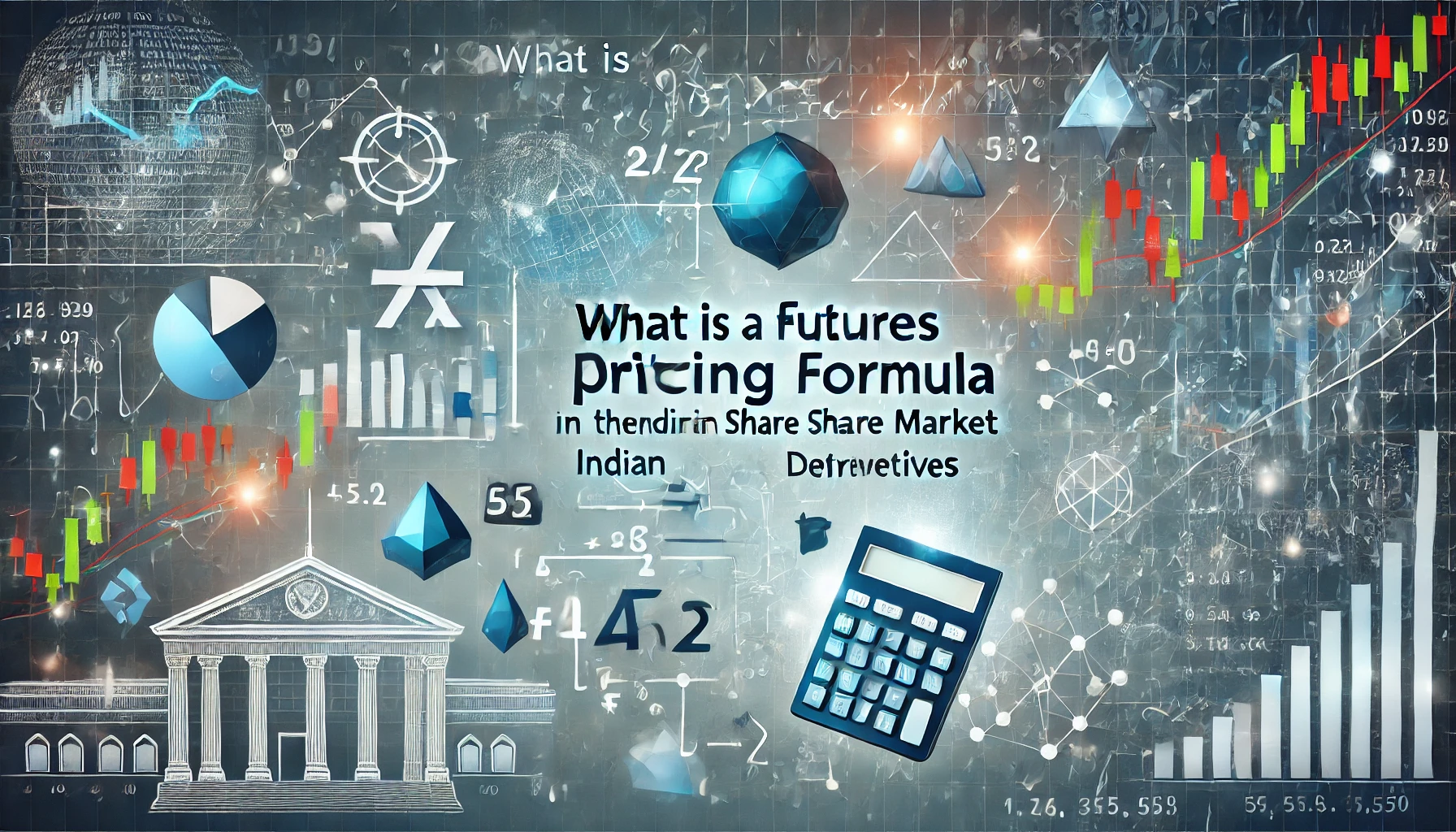
Futures Pricing Formula
The Indian share market is known for its dynamic nature and offers various opportunities for …

What is an ITM Call Option?
The world of options trading is filled with technical terms that are crucial for investors …

What is Max Pain Theory?
The Indian share market is full of strategies and theories that traders use to predict …

What is OTM Call Options
In options trading, terms like “in the money” (ITM), “at the money” (ATM), and “out …

What Is Rollover
Rollover is a common term in the world of futures and derivatives trading, especially in …

Futures Prices Converge Upon Spot Prices
In the world of financial markets, futures contracts play a significant role. One of the …
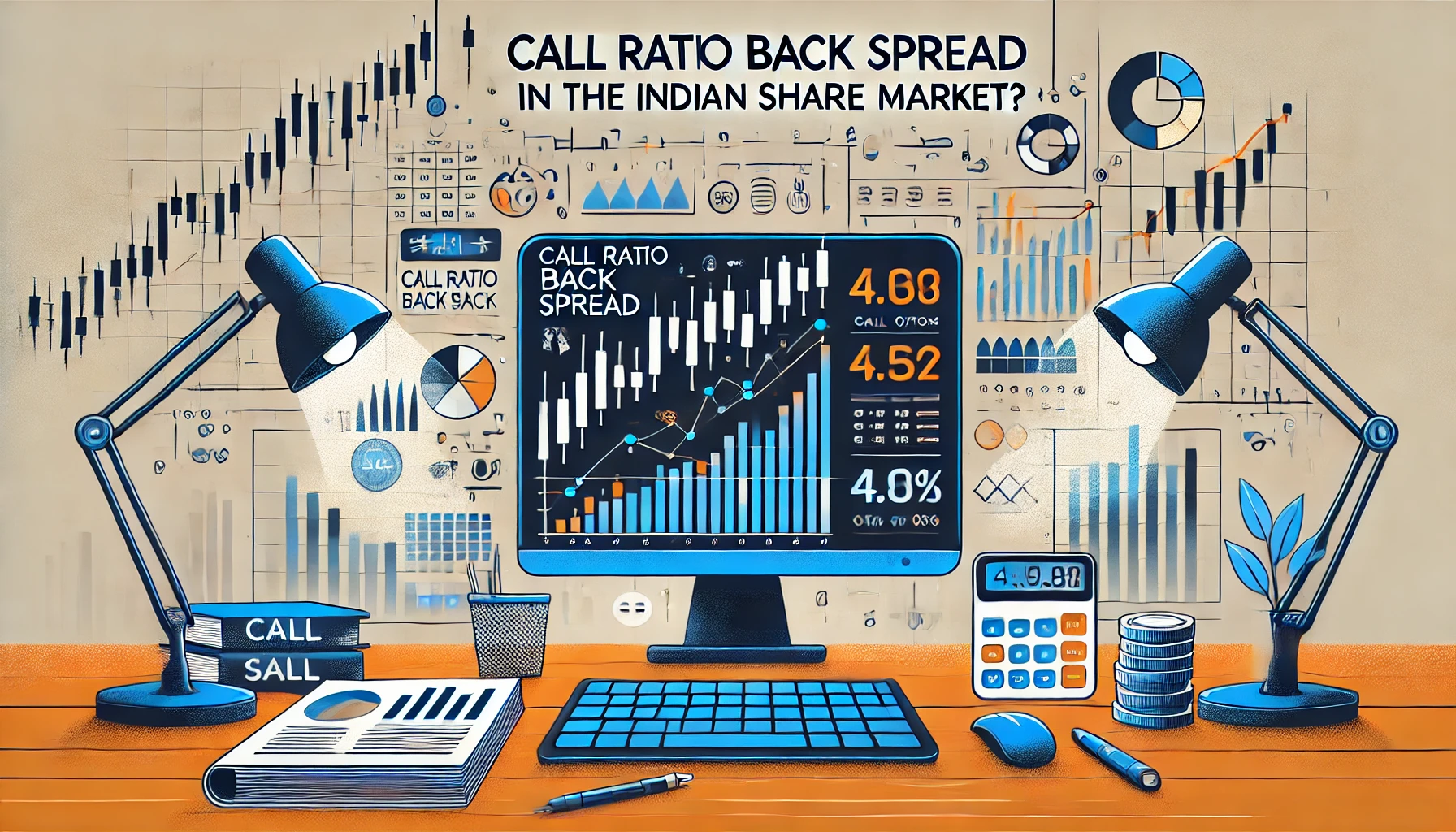
Call Ratio Back Spread
In the Indian share market, advanced trading strategies such as the Call Ratio Back Spread …
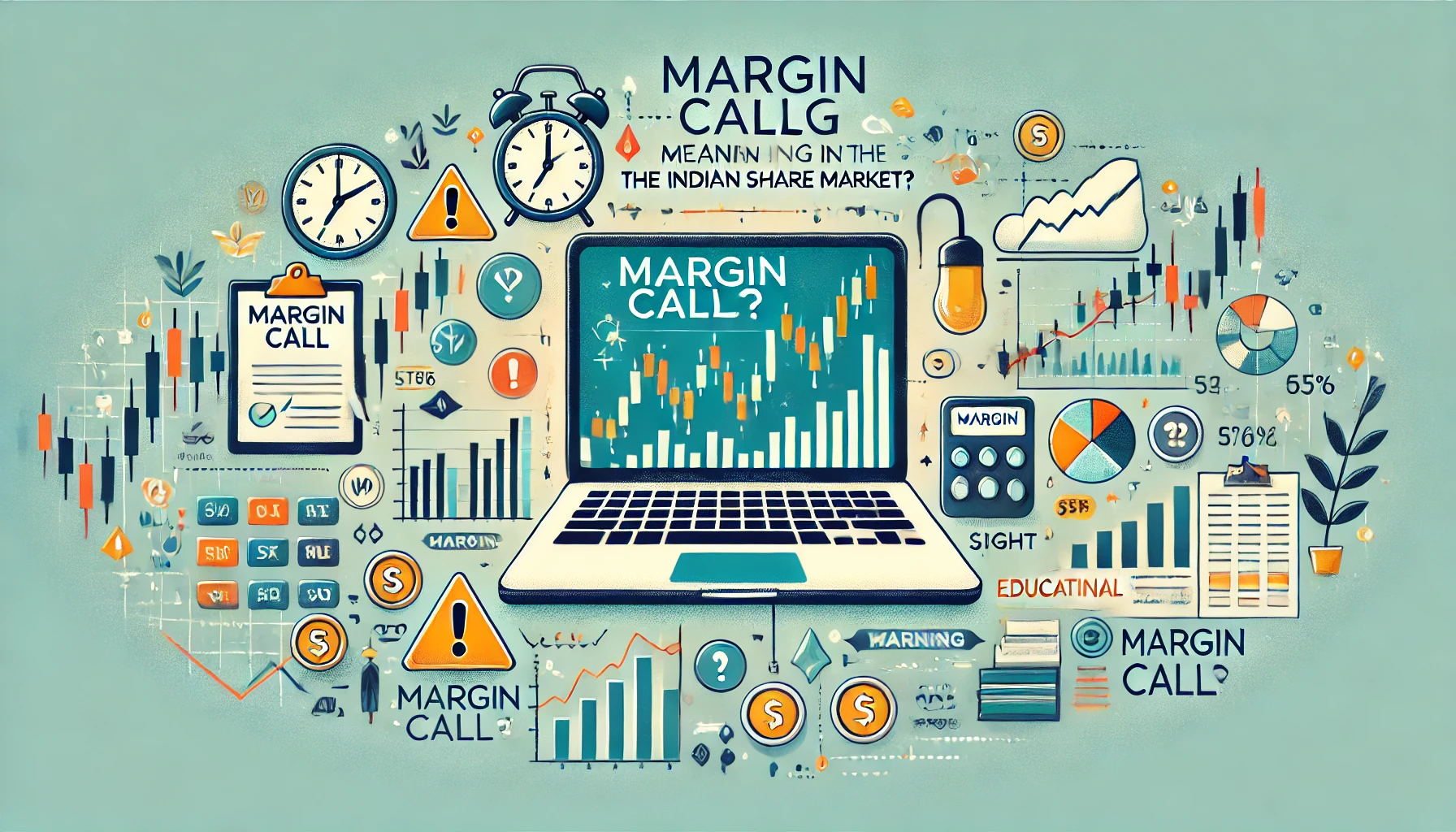
Margin Call Meaning
A margin call is one of the most critical warnings in trading, often marking a …
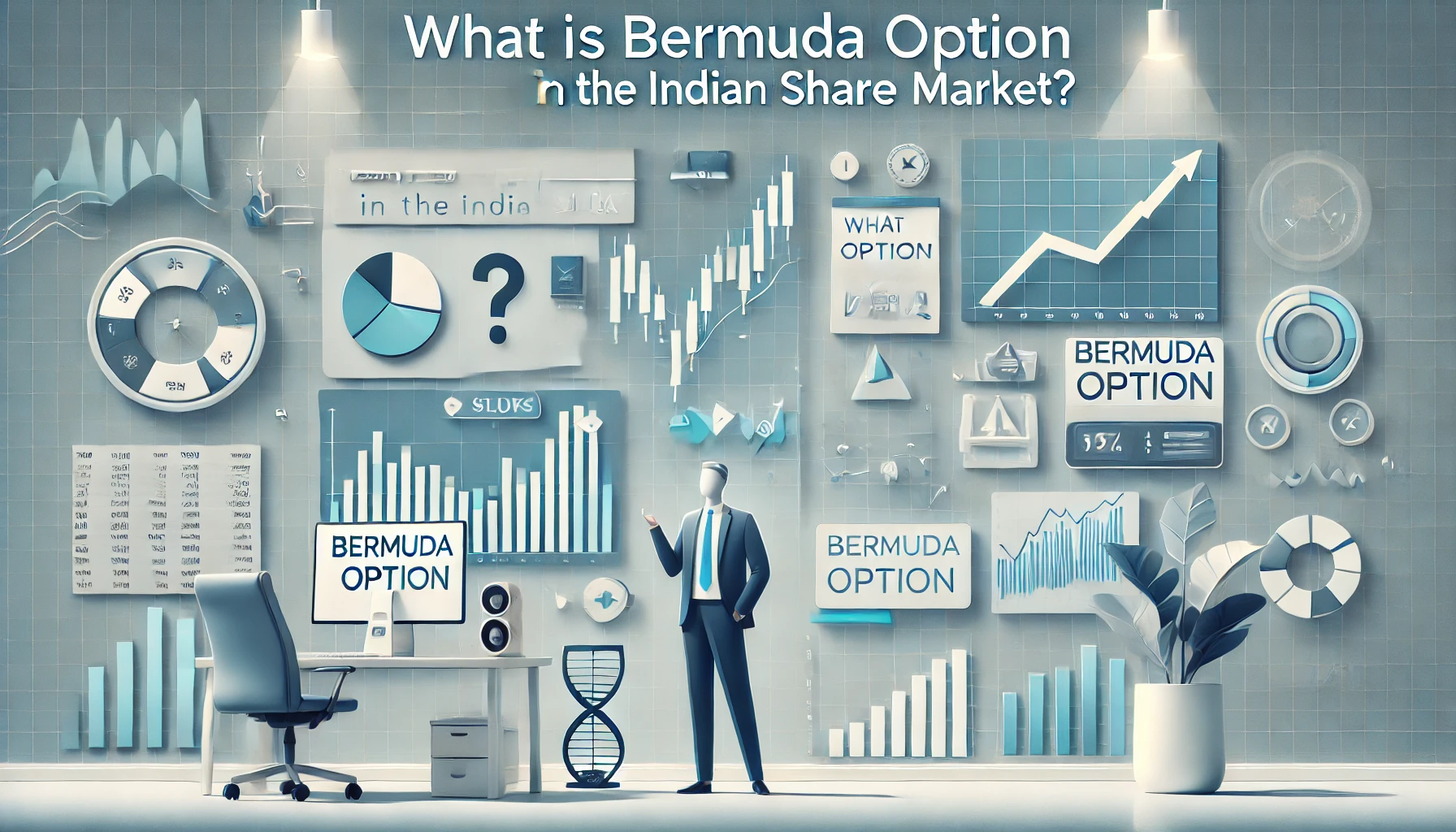
What is Bermuda Option?
The financial markets are full of complex instruments, and one such tool is the Bermuda …
















